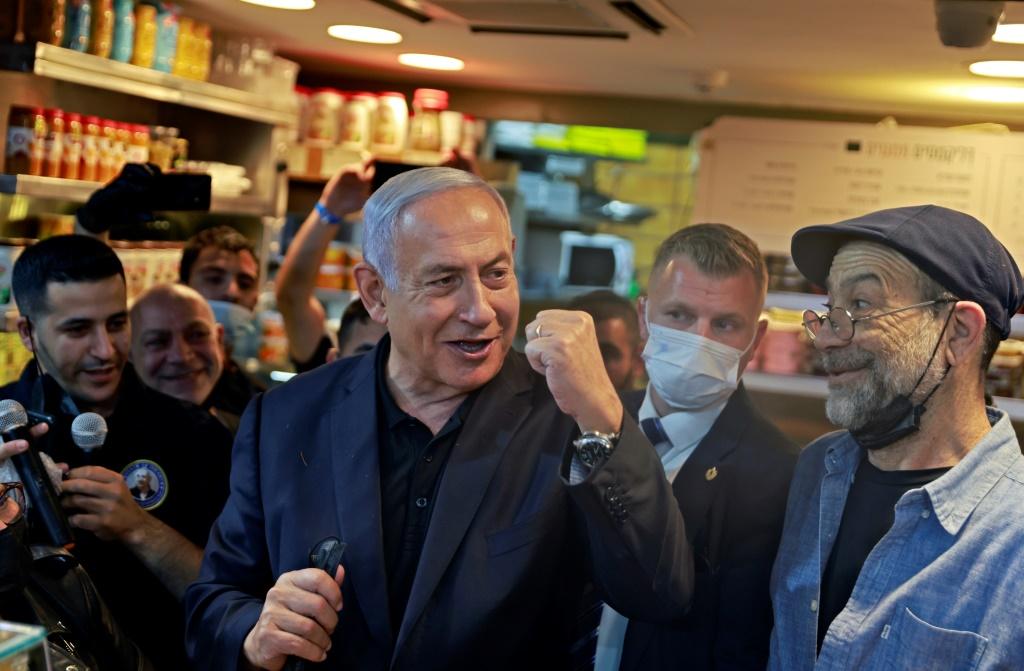Israelis vote in their fourth election in less than two years, with the nation deeply split on whether veteran Prime Minister Benjamin Netanyahu should stay in power. Netanyahu, 71, is Israel’s longest-serving premier but his inability to unite a stable governing majority behind him has mired the country in political gridlock.
The projections, based on exit polls that are subject to change, suggest Netanyahu’s only path to a viable right-wing coalition requires a deal with his estranged former protege Naftali Bennett, who has not ruled out joining a bloc opposed to the premier.
The 71-year-old campaigned on his leadership of Israel’s world-beating coronavirus vaccination campaign and historic deals he clinched to normalise ties with four Arab states.
Likud was projected to win 31 or 32 seats in Israel’s 120-member parliament. Counting his right-wing, religious allies, the surveys put his support in the 50s.
But the main challenger, Yair Lapid of the centrist Yesh Atid party, claimed the anti-Netanyahu bloc had a path to a majority.
“I began conducting talks with parts of the ‘change’ bloc this evening. We’ll do everything to form a sane government in Israel,” he said, addressing a rally of his supporters.
Netanyahu and Bennett were once close and maintain hawkish ideological links, but their relationship has grown strained in recent years.
Netanyahu has said he will not block his corruption trial and looks forward to being exonerated, but critics suspect that if he forms a majority, he may seek parliamentary action to delay or end the process.
Read the article in The Mercury and The Australian (AFP)

